Former Mladić security chief testifies
Ratko Mladić’s former chief of security, Branislav Puhalo, says that the state knew that Mladić was living in Belgrade until March 2002.
Tuesday, 09.06.2009.
15:37

Ratko Mladic’s former chief of security, Branislav Puhalo, says that the state knew that Mladic was living in Belgrade until March 2002. “It was all legal. We had several vehicles, 20 ‘Wasps’, cases of ammunition, as if we were heading to Sinai. Mladic moved around Belgrade freely in 2001, we went to football games, to the Interior Ministry, restaurants,” Puhalo told the Belgrade District Court at the trial of those accused of aiding and abetting Mladic in his flight from the authorities. Former Mladic security chief testifies He said that the state could easily have arrested him back then if it had wanted to, and that about 50 people responsible for Mladic’s security slept in the Topcider barracks, of whose activities the state and military leadership must have been aware. Puhalo said that in 1997, on Mladic’s arrival in Serbia, the late President Slobodan Milosevic and former military Chief-of-Staff Momcilo Perisic assigned a Yugoslav army unit to protect Mladic at his home in the Belgrade suburb of Banovo Brdo. Asked by defense counsel Svetozar Vujacic whether former President Vojislav Kostunica and then Defense Minister Boris Tadic had known about Mladic’s security arrangements, Puhalo replied that they must have known up to March 2002, when the unit in question was disbanded. “They all knew—Milosevic, Dragoljub Ojdanic, Nebojsa Pajkovic…They knew if a bird had flown into the barracks, whether it was a wren or a sparrow, not to mention 50 people with bombs, weapons and vehicles,” he said. Tadic was appointed defense minister in March 2003, after the assassination of Prime Minister Zoran Djindjic. Puhalo said that he and his team had not been responsible for protecting Mladic personally, but had been assigned to protect the commander of the RS military’s chief-of-staff, stressing that, as professionals, they would have arrested him if they had received orders to do so. “We protected Mladic from criminals and hunters when he had a price on his head, not from the state,” he said. The witness said that he last saw Mladic in 2001, before he was reassigned to Pozarevac in April 2002. “I later ran into (the accused) Blagoje Govedarica, and Mladic too, but privately, as friends. I did not know that he and (fellow accused) Sasa Badnjar had later been assigned as Mladic’s security, nor were they under my command,” Puhalo said. Former military security chief Aco Tomic did not attend today’s hearing, while defendant Ratko Vucetic said that Tomic was seriously ill and that he had visited him at the Military-Medical Academy yesterday, where he was admitted last month. Mladic stands accused of war crimes and genocide in Bosnia-Herzegovina before the Hague Tribunal. Ten people are on trial for allegedly aiding and abetting the former Bosnian Serb military leader: former RS officers Marko Lugonja and Ratko Vucetic, Tatjana Vaskovic, her mother and brother Ljiljana and Bojan Vaskovic, along with Stanko Ristic, Blagoje Govedarica, Sasa Badnjar, Predrag Ristic and Borisav Ivanovic.
Former Mladić security chief testifies
He said that the state could easily have arrested him back then if it had wanted to, and that about 50 people responsible for Mladić’s security slept in the Topčider barracks, of whose activities the state and military leadership must have been aware.Puhalo said that in 1997, on Mladić’s arrival in Serbia, the late President Slobodan Milošević and former military Chief-of-Staff Momčilo Perišić assigned a Yugoslav army unit to protect Mladić at his home in the Belgrade suburb of Banovo Brdo.
Asked by defense counsel Svetozar Vujačić whether former President Vojislav Koštunica and then Defense Minister Boris Tadić had known about Mladić’s security arrangements, Puhalo replied that they must have known up to March 2002, when the unit in question was disbanded.
“They all knew—Milošević, Dragoljub Ojdanić, Nebojša Pajković…They knew if a bird had flown into the barracks, whether it was a wren or a sparrow, not to mention 50 people with bombs, weapons and vehicles,” he said.
Tadić was appointed defense minister in March 2003, after the assassination of Prime Minister Zoran Đinđic.
Puhalo said that he and his team had not been responsible for protecting Mladić personally, but had been assigned to protect the commander of the RS military’s chief-of-staff, stressing that, as professionals, they would have arrested him if they had received orders to do so.
“We protected Mladić from criminals and hunters when he had a price on his head, not from the state,” he said.
The witness said that he last saw Mladić in 2001, before he was reassigned to Požarevac in April 2002.
“I later ran into (the accused) Blagoje Govedarica, and Mladić too, but privately, as friends. I did not know that he and (fellow accused) Šaša Badnjar had later been assigned as Mladić’s security, nor were they under my command,” Puhalo said.
Former military security chief Aco Tomić did not attend today’s hearing, while defendant Ratko Vučetić said that Tomić was seriously ill and that he had visited him at the Military-Medical Academy yesterday, where he was admitted last month.
Mladić stands accused of war crimes and genocide in Bosnia-Herzegovina before the Hague Tribunal.
Ten people are on trial for allegedly aiding and abetting the former Bosnian Serb military leader: former RS officers Marko Lugonja and Ratko Vučetić, Tatjana Vasković, her mother and brother Ljiljana and Bojan Vasković, along with Stanko Ristić, Blagoje Govedarica, Saša Badnjar, Predrag Ristić and Borisav Ivanović.






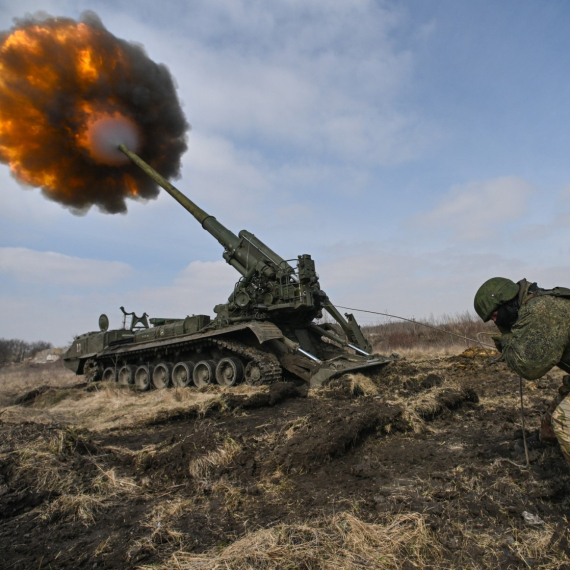






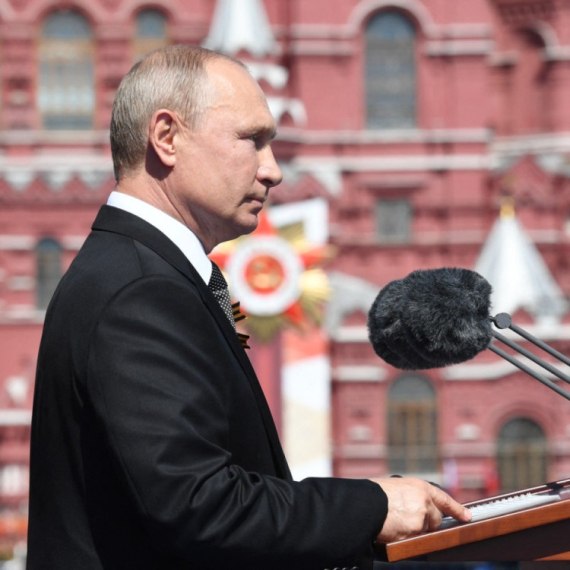
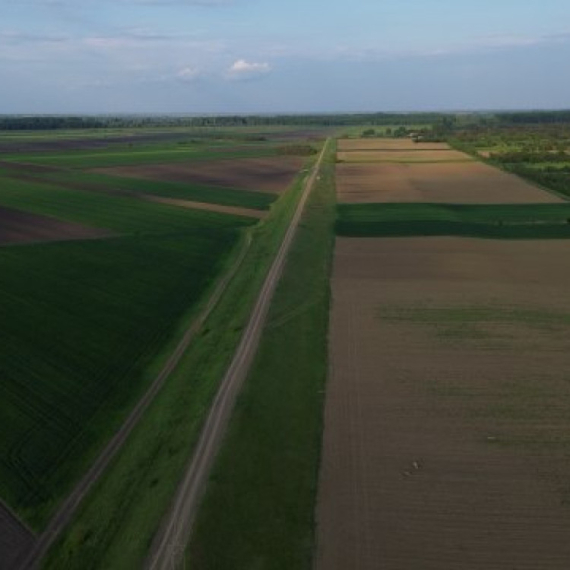
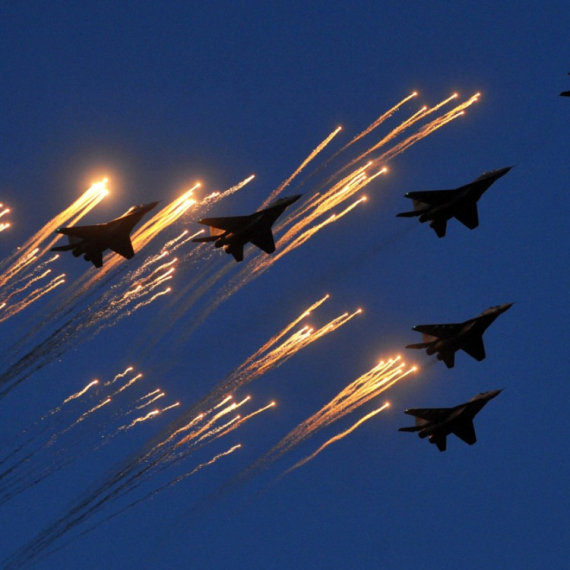

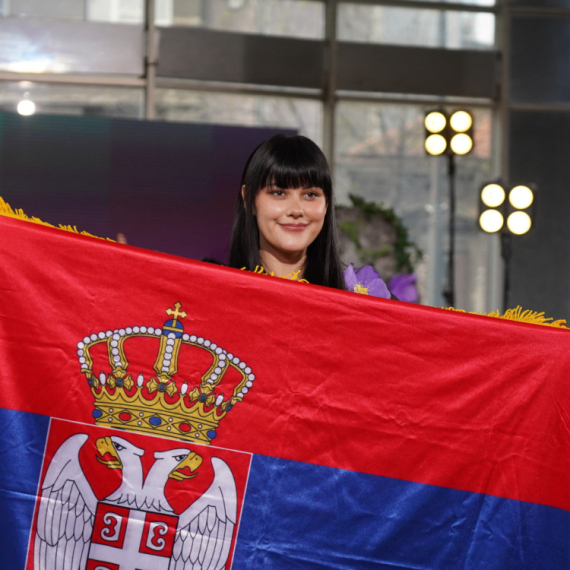

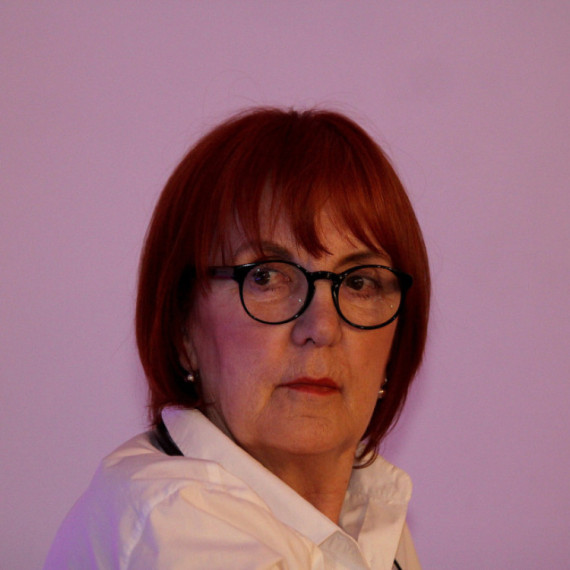








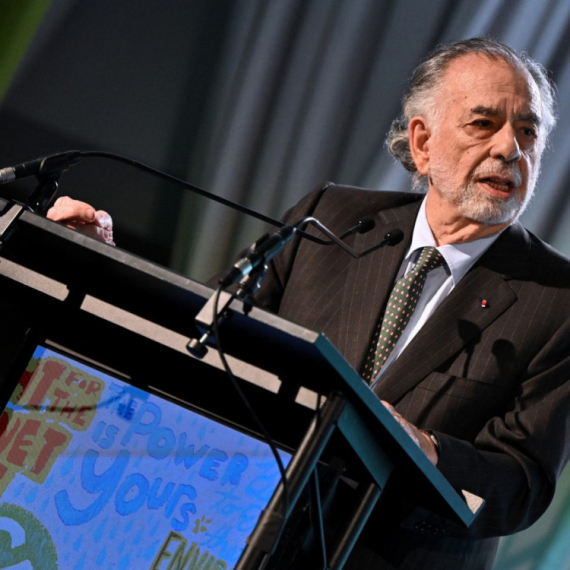
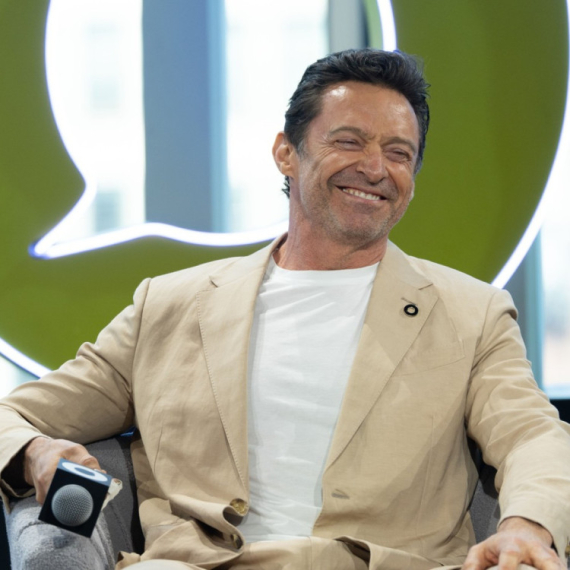








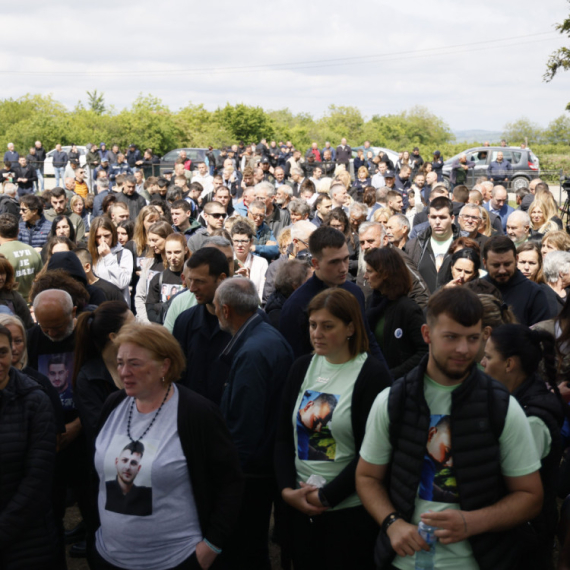
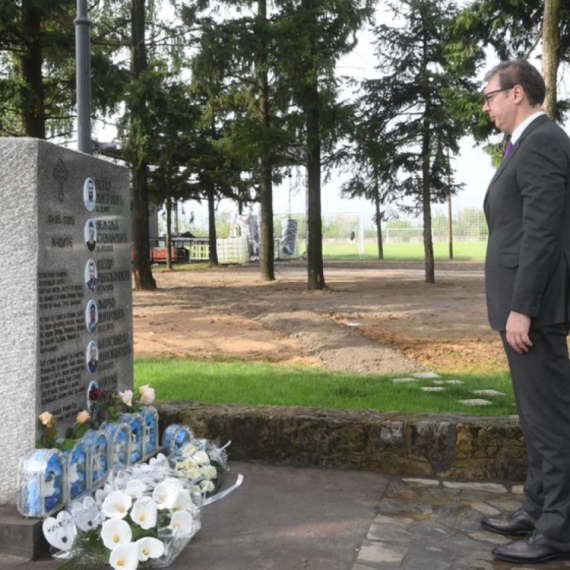
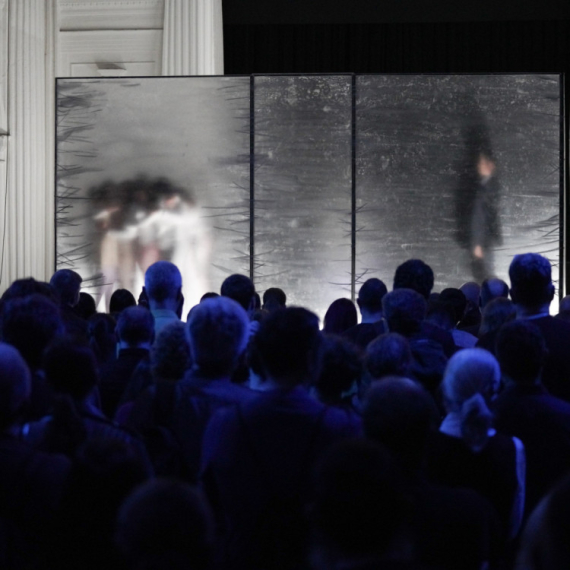
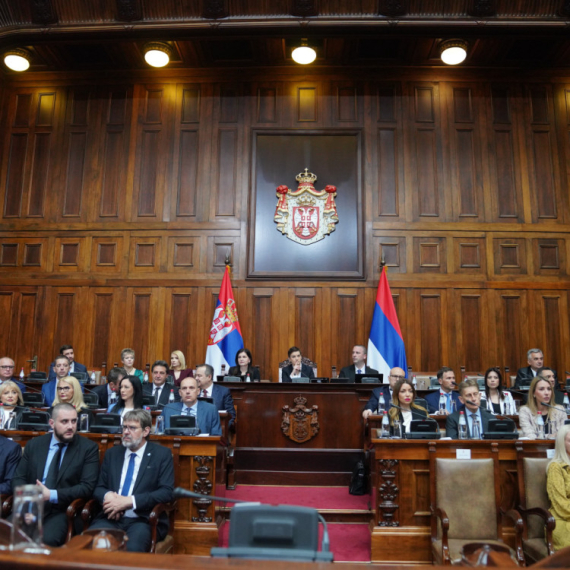




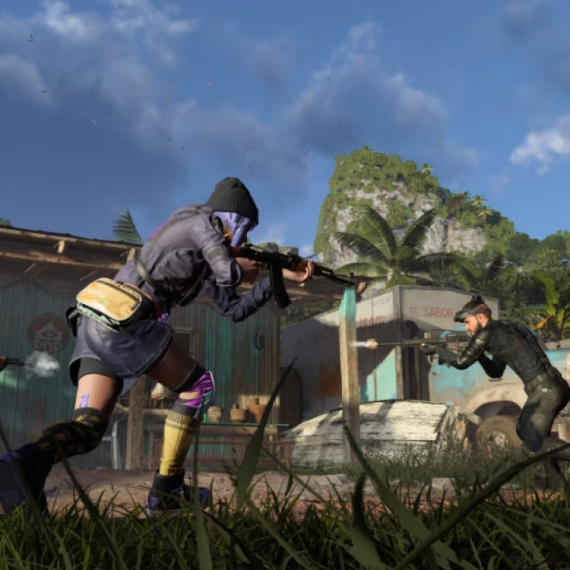





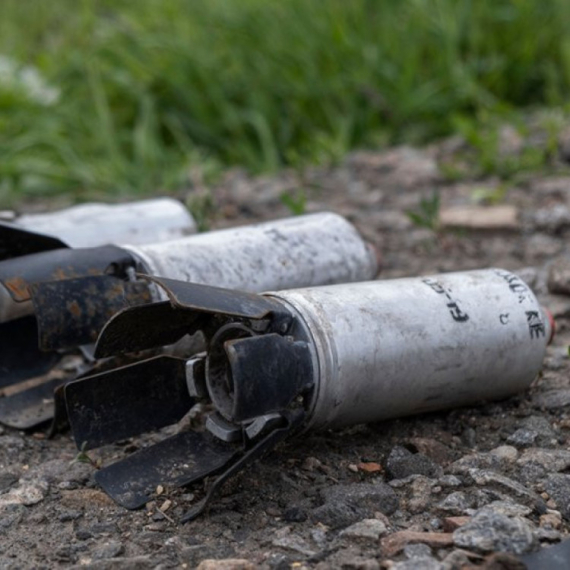

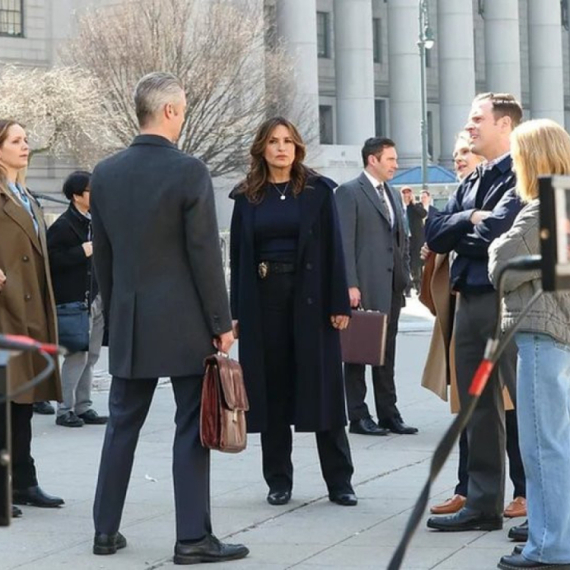
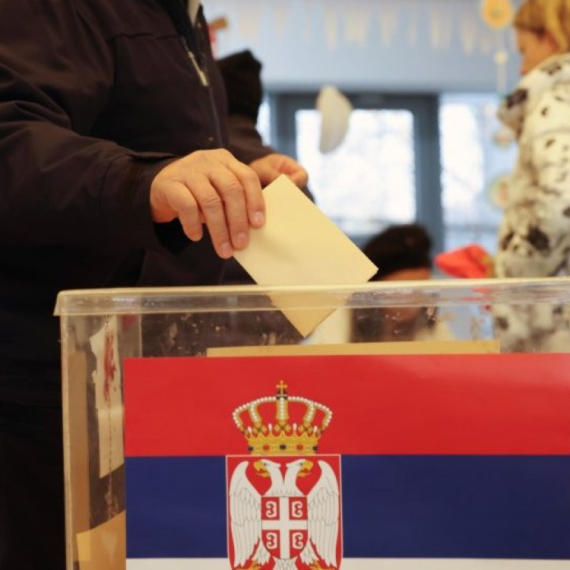
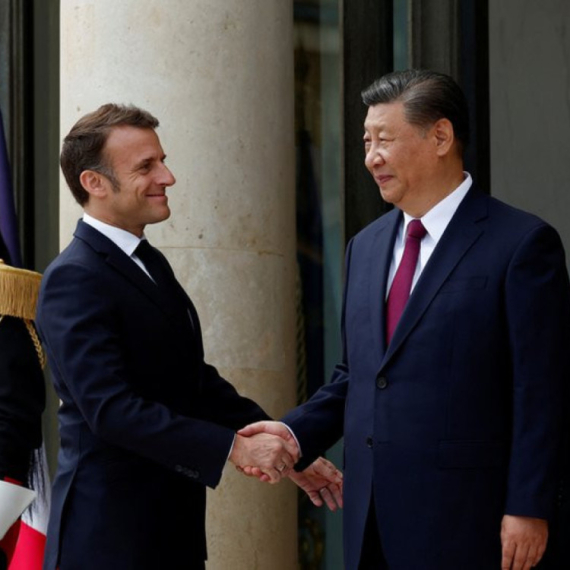

Komentari 1
Pogledaj komentare